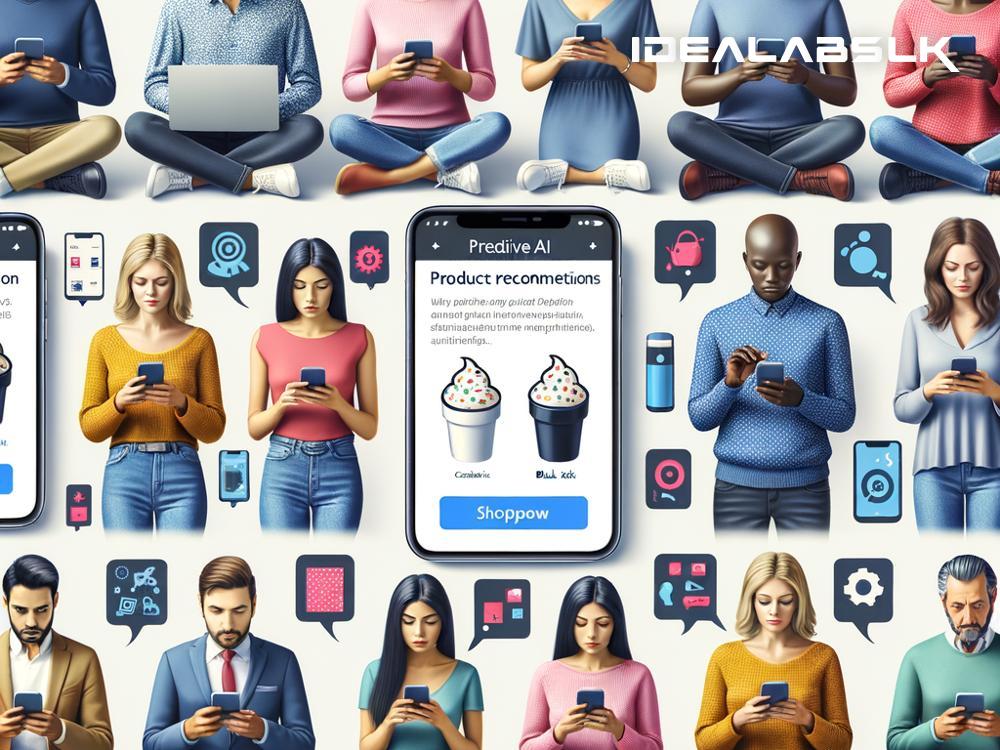Harnessing the Power of Predictive AI in Product Recommender Systems
In today's fast-paced digital marketplace, finding the perfect product can feel like searching for a needle in a haystack. That's where predictive Artificial Intelligence (AI) comes swooping in like a superhero, making our shopping experiences smoother, more personalized, and frankly, a little bit magical. If you’ve ever been amazed at how your favorite online store seems to know exactly what you were looking for, you’ve experienced the clever craft of AI at work, particularly in product recommender systems. But how does this technology predict our desires so accurately? Let’s break it down into simple terms.
The Basics: What is Predictive AI?
Predictive AI is a branch of artificial intelligence that analyzes data to predict future outcomes. It's like having a crystal ball, but instead of gazing into a mystical orb, AI uses algorithms (fancy word for problem-solving formulas) and machine learning. Imagine AI as a very diligent student, constantly learning from vast amounts of data to make educated guesses about what might happen next.
The Magic Behind Product Recommender Systems
When we talk about product recommender systems, imagine a very thoughtful friend who suggests products you might like based on what they know about you. That friend is actually Predictive AI working its magic through several steps:
-
Data Collection: First, AI needs to know about you to make accurate predictions. This includes the items you've browsed, purchased, or added to your wishlist. It's also keen on your search terms and even how you navigate through the site.
-
Data Analysis: After collecting the data, our AI friend then sifts through this information to find patterns. For example, it might notice that you've been eyeing a lot of science fiction books recently.
-
Learning Preferences: Here's where machine learning comes into play. The AI takes note of your patterns and preferences. It understands not just your past behavior but tries to gauge your current interests and possible future actions.
-
Making Recommendations: With all this knowledge, the AI then generates product recommendations tailored just for you. If you've been looking at science fiction books, it might suggest titles most loved by other science fiction enthusiasts or even upcoming releases in that genre.
The Ingredients for Predictive AI Success
For Predictive AI to work effectively in recommender systems, it needs a few key ingredients:
- Rich Data: The more data available, the better the predictions. This includes not only your activity but possibly also data from similar users.
- Powerful Algorithms: These are the brains of the operation. Advanced algorithms are constantly refined to improve prediction accuracy.
- User Feedback: Your interactions with the recommendations (clicks, purchases, ratings) help the system learn and evolve to serve you better.
Real-life Examples of Predictive AI in Action
You’ve likely encountered Predictive AI without even realizing it. Here are a couple of examples:
- Online Retailers: Giants like Amazon employ predictive AI to suggest products that you might be interested in, based on your browsing and buying history.
- Streaming Services: Netflix knows what you want to watch next before you do. It analyzes your viewing history and ratings to recommend movies and TV shows you're likely to love.
The Benefits and Beyond
The advantages of predictive AI in recommender systems stretch far and wide:
- Enhanced Shopping Experience: Personalized recommendations can make shopping online more enjoyable and efficient, helping you discover products you’ll love.
- Increased Sales for Businesses: By suggesting relevant products, businesses can boost sales, as customers are more likely to make purchases based on accurate recommendations.
- Building Customer Loyalty: When a platform consistently offers useful recommendations, customers are more likely to return, fostering loyalty and trust.
The Future is Predictive
Predictive AI is constantly evolving, with newer, more sophisticated algorithms being developed to improve accuracy and user satisfaction. As technology advances, we can expect even more personalized and intuitive shopping experiences.
Final Thoughts
The power of predictive AI in product recommender systems lies in its ability to learn from data and predict what products we might be interested in. As it continues to evolve, we’ll see even more innovative applications in various industries, making our digital lives more personalized and convenient. So, the next time your favorite shopping site suggests the perfect product, take a moment to appreciate the complex, intelligent system working behind the scenes to make your day just a little bit better.

